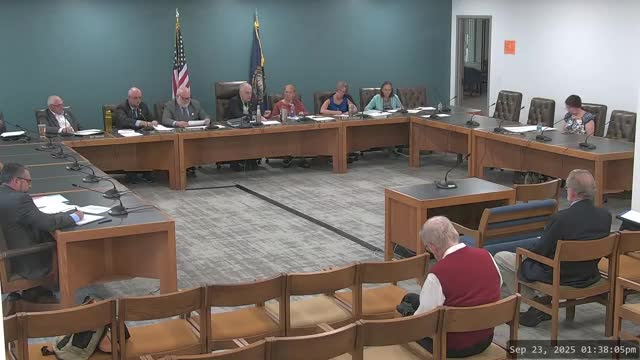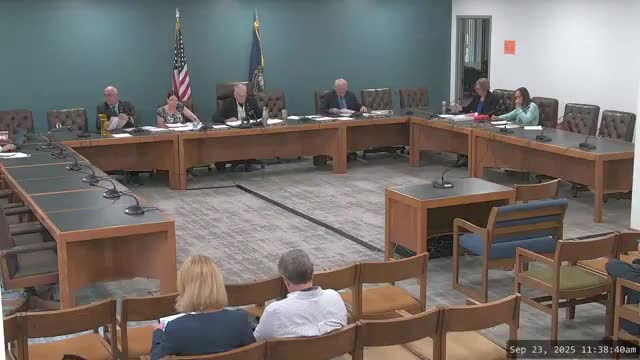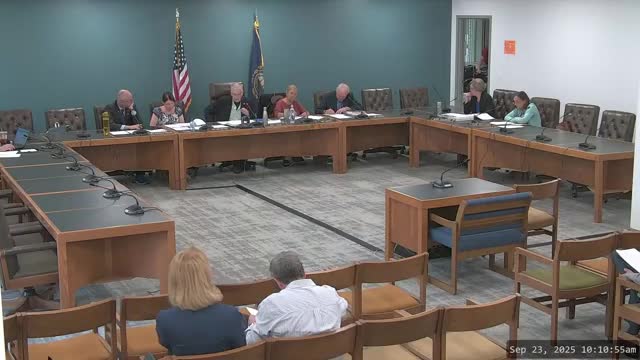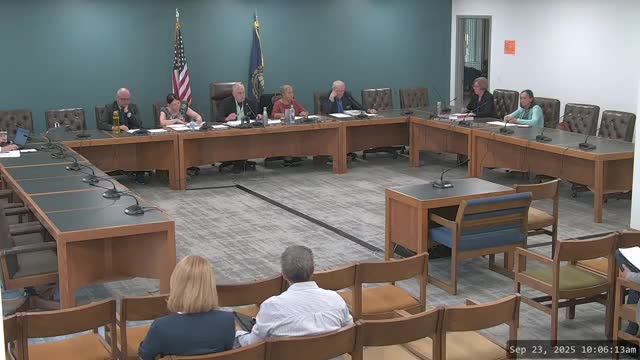Article not found
This article is no longer available. But don't worry—we've gathered other articles that discuss the same topic.

Subcommittee debates school‑building funding models and a consolidation grant proposal

Subcommittee debates requiring USCIS civics test for public college graduation

Subcommittee debates HB510: statewide due-process minimums for students, student groups and faculty

Subcommittee weighs bill to clarify replacement of inactive Higher Education Commission members

